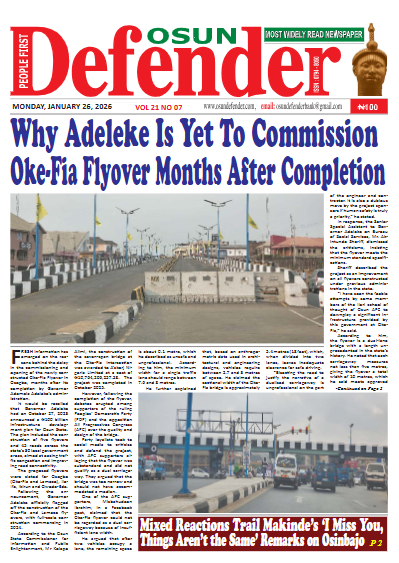Ebola: WHO Requests Access To Victims

The World Health Organisation (WHO) through its Director-General, Dr Tedros Ghebreyesus has called for “free and secure” access to the Ebola-affected people in the conflict-affected region of North Kivu in the Democratic Republic of the Congo (DRC).
Ghebreyesus, said this after seeing first-hand the complexities of the Ebola response that unhindered access to the disease-affected people was necessary in order to bring the outbreak under control.
Tedros said: “All of those participating in the response must be able to move freely and safely in conflict areas to do the work that is needed to bring the outbreak under control.
“The population must also have access to treatment centers that save lives and stop the spread of disease.”
While the latest Ebola outbreak was the country’s 10th, it was the first time that the disease had struck a densely populated active conflict zone, WHO said.
As was done in the recent outbreak in the west of the country, WHO said it was supporting the Ministry of Health in DRC in key aspects of the response.
A little more than a week since the government declared the new Ebola outbreak, Tedros and other top WHO officials went on a two-day mission to the city of Beni as well as to Mangina, the epicentre of the epidemic, where most of the confirmed cases had been reported so far.
The top officials of the global health agency were Dr Matshidiso Moeti, WHO Regional Director for Africa and Dr Peter Salama, WHO Deputy Director-General for Emergency Preparedness and Response.
A range of armed groups are active in the area and, according to WHO, this insecurity is creating a challenge for health teams attempting to reach communities for active case finding and monitoring, often requiring armed escorts.
WHO warned that the violence could also discourage members of the community from coming forward for treatment.
Moeti said: “WHO has vast experience with delivering health services in conflict zones in Africa.
“We will build on this experience to ensure that our staff and partners can do their work and save the lives of the people we are here to help.”
On Wednesday, health responders in DRC launched a vaccination campaign to mitigate the risk of spread of the Ebola disease.









